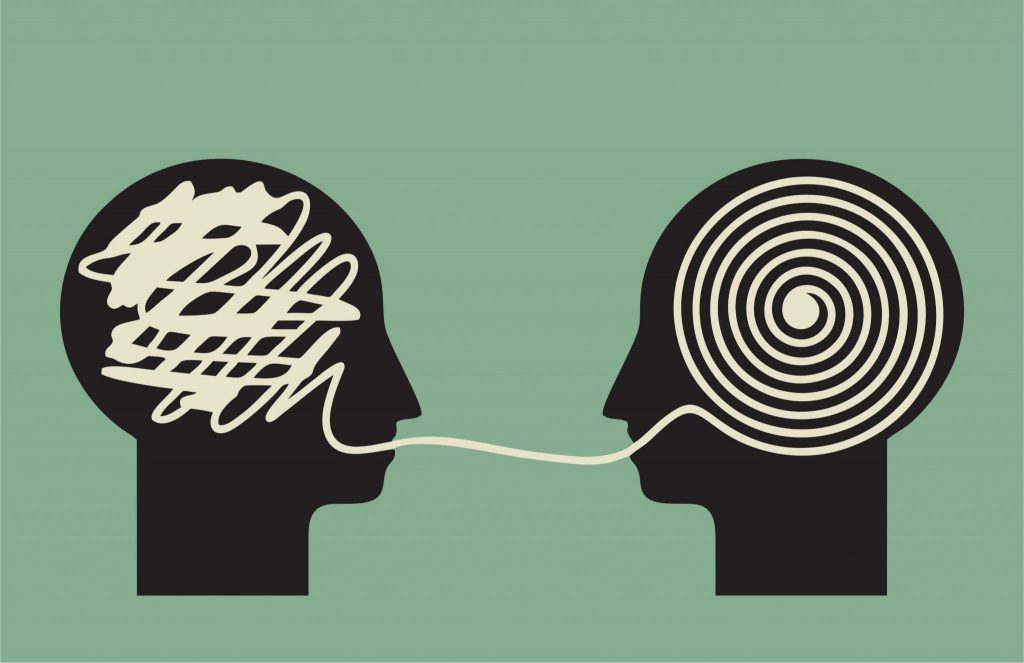
Communication & Motivation through Martial Arts
Communication is key to an understanding and fulfilling life.
Let me explain…
We have all been spoken to in a way that has made us feel insecure, patronised, or demoralized.
Why does this happen? No one likes to be spoken to this way, so why speak to others this way?
The lack of communication skills. If you get frustrated with an individual because they are not doing what you have asked of them. Whose fault is this? Have you explained yourself correctly? Have you given the necessary training or fully explained expectations? Why are you frustrated?
Step back, think of these simple questions and ask yourself… Have I done my very best and given every opportunity for this individual to succeed and understand?
It may be that the individual is having problems outside of your environment that you are not aware of.
So, step one might be to sit down and discuss what is wrong and have a two-way discussion on the best way to fix the problem or to find a solution. Communicate!
I know I have been guilty of this, I am rushing around, a little stressed and find myself snapping. Or asking why something has not been done when it should have. Then once I have had time to reflect realised that I have not actually mentioned the task at hand or never properly explained how to do it.
Reflection of a situation is a great way to take responsibility and ask yourself a simple question. “How can I make sure this doesn’t happen again?”
So then when you are communicating with someone you can fully explain what is needed and therefore a better chance for them to succeed.
Similarly, one reflection you may be able to see you have done everything you feel needed but then why have they not fully understood? It is rare that they just will not get it. More likely is they need a bit more training, a little more guidance, or understanding of the task. Perhaps their personal life is at a stage where they need more help and support at that moment in time?
Communicating with others can open your own eyes. Allow you an improved perspective of individuals.
Ask “what” is it I would like done; “Why” do they not get it? “How” can I better explain?
Simply by checking an individual “Gets it”. Literally asking the question “Do you understand?” and developing a culture where it’s okay to say “NO, I Don’t understand”.
Once you become a great communicator the natural evolution is that you will become a great motivator. If you can motivate someone and encourage them, you will find that they will be willing to ask questions. Allowing them complete understanding and therefore become more capable.
Creating an environment of motivated, driven individuals who want to accomplish and succeed.
Who does not want to be in an environment like that? Full of motivated, caring and understanding individuals who are ready to explain their problems and offer solutions in order to navigate the environment into a successful and stress-free place. With the support and encouragement of the team.
5 Key Points on becoming a great communicator:
1. Know what you are talking about.
Great communicators are competent and have vast knowledge about their areas of expertise. Appreciate the time people spend listening to them and interacting with them. Great communicators understand that people will not listen or respect them if they don’t know what they are talking about. They place a high value on providing effective and authentic communication because they want to keep an environment of respect and engagement.
2. Listen more than you speak.
Great communicators listen more than they speak. They will not dominate a discussion or a presentation. They frequently ask questions to give people the opportunity to share their knowledge and express their opinions. Great communicators give themselves permission to listen to others; in this way, they understand what people are thinking. They know how to balance speaking and listening effectively. This makes people feel, that what they say truly matters.
3. Focus on understanding what people say.
Great communicators do not spend time preparing brilliant answers when someone is speaking. Instead, great communicators ask questions to clarify things and to make sure that people understand what others are saying. focusing intensely on understanding what people are communicating; otherwise, they find themselves arguing and losing focus. They continually check their understanding to avoid miscommunications, misunderstandings, and assumptions.
4. Pay attention to non-verbal communication.
Great communicators are aware that what people say is not the most important thing in their communication. Acknowledge the amazing power of non-verbal communication and keep an eye on the tone of voice, body language, and facial expressions of people. Great communicators know that verbal communication speaks louder than verbal. They listen with their eyes and ears and pay attention to people’s posture, hand movements, and eye contact because these also send very powerful messages.
5. Be aware of misunderstandings.
Great communicators realise that in any communication the room for misunderstanding is always present. Watch the differences in patterns (how a person usually reacts), inconsistencies (different reactions from a person), and consistencies (the expected from a person.) Great communicators also watch for the alignment of words, messages, tone of voice, and body language. If any of these verbal and non-verbal communication aspects lack consistency, communication becomes a disaster. This is generally an overlooked factor that can be easily prevented.



